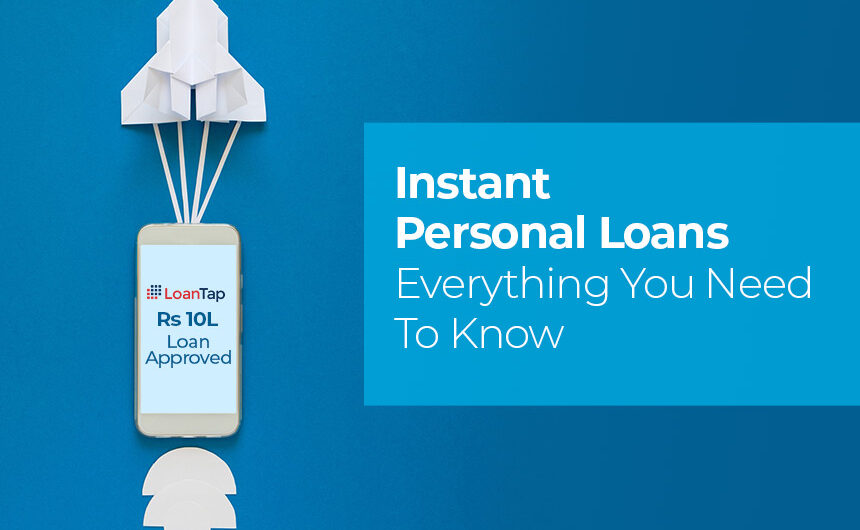Mortgage rates are the interest rates charged by lenders on mortgage loans. They determine the cost of borrowing money for a home purchase. To get the best mortgage rates, it’s important to shop around and compare offers from different lenders. Factors that can affect mortgage rates include credit score, down payment amount, loan term, and the overall state of the economy. Borrowers with good credit, a sizable down payment, and a stable income are more likely to qualify for lower rates.
Introduction
Buying a home is a significant financial decision, and for most people, it’s the largest purchase they’ll ever make. Unless you can afford to pay for your home in cash, you’ll need to take out a mortgage loan. One of the most important factors to consider when taking out a mortgage loan is the interest rate. Mortgage rates can have a significant impact on the overall cost of your home over time. In this article, we’ll discuss what mortgage rates are, how they work, and how to get the best rates possible.
Understanding Mortgage Rates
Mortgage rates are the interest rates charged by lenders on mortgage loans. When you take out a mortgage loan, you’re borrowing money to buy a home, and the lender charges you interest on that loan. Mortgage rates can be fixed or adjustable.
Fixed-rate mortgages have a set interest rate that remains the same throughout the life of the loan. Adjustable-rate mortgages (ARMs) have a variable interest rate that can change over time.
The interest rate you’re charged on a mortgage loan will depend on several factors, including your credit score, the amount of your down payment, the loan term, and the overall state of the economy. Generally, borrowers with higher credit scores, larger down payments, and stable income are more likely to qualify for lower interest rates.
Understanding mortgage rates is important because even small changes in the interest rate can significantly affect your monthly payments and the overall cost of your home over time. A lower interest rate can save you thousands of dollars your loan, so it’s essential to get the best rate possible.
Factors Affecting Mortgage Rates
Several factors can affect mortgage rates, including:
- Credit score: Your credit score is a measure of your creditworthiness, and it can have a significant impact on the interest rate you’re offered. Borrowers with higher credit scores are typically offered lower interest rates than those with lower scores.
- Down payment: The amount of your down payment can also affect your mortgage rate. Lenders may offer lower rates to borrowers who can make a larger down payment.
- Loan term: The length of your mortgage loan can also affect your interest rate. Typically, shorter loan terms, such as 15-year mortgages, have lower interest rates than longer loan terms, such as 30-year mortgages.
- Type of mortgage: The type of mortgage you choose can also impact your interest rate. For example, adjustable-rate mortgages (ARMs) typically have lower interest rates than fixed-rate mortgages, but the rate can change over time.
- Economic conditions: Mortgage rates are also influenced by the overall state of the economy. When the economy is strong, mortgage rates may be higher, and when the economy is weak, rates may be lower.
- Lender competition: The number of lenders competing for your business can also affect the interest rate you’re offered. Shopping around and comparing offers from different lenders can help you find the best rate.
It’s important to keep in mind that each lender may have different criteria for setting mortgage rates, so it’s a good idea to shop around and compare offers from multiple lenders.
Conclusion
Getting the best mortgage rates can save you thousands of dollars of your loan. Understanding what mortgage rates are, how they work, and what factors affect them is crucial to finding the best rate. Factors such as your credit score, down payment, loan term, type of mortgage, economic conditions, and lender competition can all impact the interest rate you’re offered. By improving your credit score, saving for a larger down payment, considering a shorter loan term, comparing offers from multiple lenders, paying points, and getting pre-approved, you can increase your chances of getting the best mortgage rates possible. With careful research and planning, you can find a mortgage that fits your budget and helps you achieve your dream of homeownership.
Also Read:
- Conditional Mortgage Approval: Tackling The Common Questions
- Are Home Warranties Worth It?
- Understanding How Pawning Business Works
- 7 Ways To Improve Your Credit As Quickly As Possible

Hello, I am Tanisha Kriplani, graduated in computer science from Delhi University. I am passionate about web content writing and have a strong interest in Data Analytics and Data Engineering.












